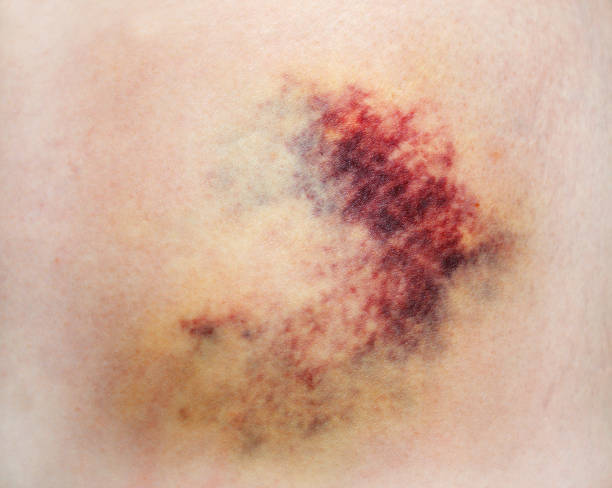High Platelet Count: Symptoms and Treatment
High platelet count, also known as thrombocytosis, is a condition where the body has an increased number of platelets in the blood. Platelets are small blood cells that play a crucial role in blood clotting. A normal platelet count ranges from 150,000 to 450,000 per microliter of blood. If the count exceeds this range, it can cause various health problems.
Symptoms of High Platelet Count
In many cases, high platelet count doesn’t cause any symptoms and is discovered during a routine blood test. However, when symptoms do occur, they may include:
Bruising easily: If the platelet count is significantly high, it can cause easy bruising and petechiae, which are small red or purple spots on the skin.
Blood clots: High platelet count can increase the risk of blood clots, which can cause deep vein thrombosis, stroke, or heart attack.
Enlarged spleen: The spleen is responsible for removing old or damaged platelets from the bloodstream. If the platelet count is too high, the spleen may enlarge, causing abdominal pain, discomfort, and increased risk of infection.
Fatigue: High platelet count can cause fatigue and weakness, due to a decrease in the oxygen supply to the body’s tissues.
Headache: Some people with high platelet count may experience headaches, which can be a sign of blood clots in the brain.
If you experience any of these symptoms, it’s important to see a doctor as soon as possible to rule out other underlying conditions.
Causes of High Platelet Count
There are various underlying causes of high platelet count, including:
Cancer: Certain types of cancer, such as leukemia and lymphoma, can cause the body to produce too many platelets.
Bone marrow disorders: Diseases that affect the bone marrow, such as polycythemia vera, can cause an increase in the production of platelets.
Infections: Certain infections, such as viral infections and bacterial endocarditis, can cause the body to produce more platelets.
Inflammatory conditions: Inflammatory conditions, such as rheumatoid arthritis, can cause the body to produce more platelets.
Medications: Some medications, such as aspirin and other anti-inflammatory drugs, can cause an increase in platelet count.
Diagnosis of High Platelet Count
A high platelet count is usually diagnosed through a routine blood test. If the platelet count is high, the doctor may order additional tests, such as a bone marrow biopsy, to determine the underlying cause.
Treatment for High Platelet Count
The treatment for high platelet count depends on the underlying cause and the severity of the condition. If the high platelet count is caused by a medication, the doctor may suggest switching to a different medication. If the underlying cause is a bone marrow disorder, such as polycythemia vera, the doctor may suggest chemotherapy or radiation therapy.
If the high platelet count is caused by an underlying cancer, the doctor may suggest cancer treatment, such as chemotherapy, radiation therapy, or surgery. In some cases, the doctor may prescribe medications to decrease the platelet count, such as anagrelide or hydroxyurea.
In cases where the high platelet count is not caused by an underlying condition, the doctor may suggest lifestyle changes, such as avoiding alcohol and tobacco, to help manage the condition.

 Home
Home Health
Health Diet & Nutrition
Diet & Nutrition Living Well
Living Well More
More












